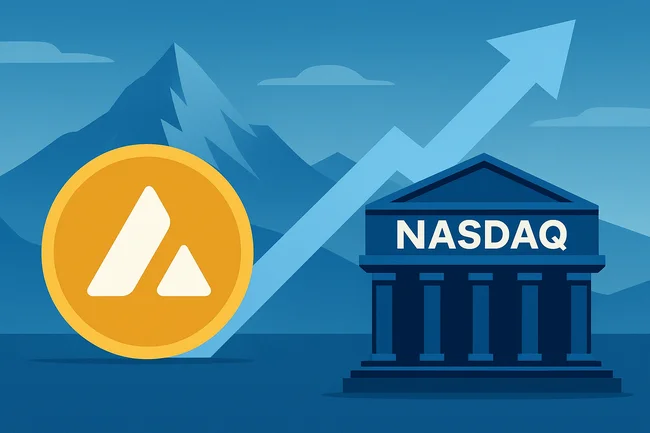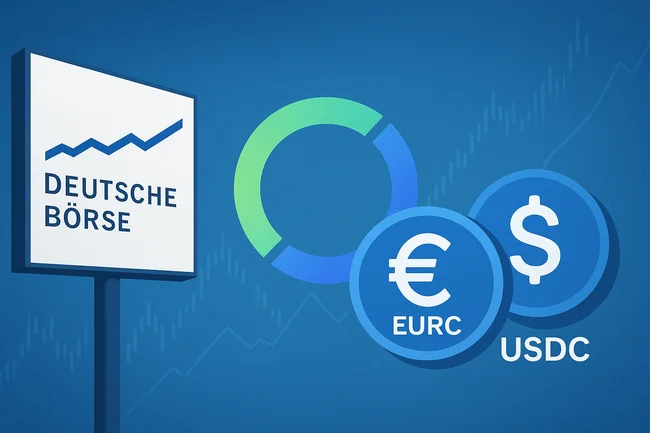A Decentralized Exchange Protocol (DEX) facilitates trading between users without relying on a centralized authority. Instead of a traditional exchange that holds users’ funds and data, a DEX allows users to maintain control over their assets while interacting directly with one another.These protocols use smart contracts to execute trades and manage transactions securely. This means that trades are processed automatically based on pre-defined rules, reducing the need for intermediaries and lowering fees.Decentralized exchanges enhance security and privacy since user funds are not kept on the exchange. As a result, they mitigate the risks associated with hacks and theft. Additionally, DEXs typically offer wider access to a range of tokens, allowing users to trade lesser-known cryptocurrencies alongside major ones.However, users must navigate their own wallet transactions and have a good understanding of how to use the protocol effectively. This can make DEXs less user-friendly for those unfamiliar with blockchain technology. Overall, DEXs emphasize autonomy and transparency in trading, aligning with the decentralized nature of blockchain technology.

Avalanche Treasury Co. to Go Public in $675M Deal With Mountain Lake Acquisition
Avalanche Treasury Co. (AVAT), a digital asset treasury company aligned with the Avalanche Foundation, said Wednesday it has agreed to



